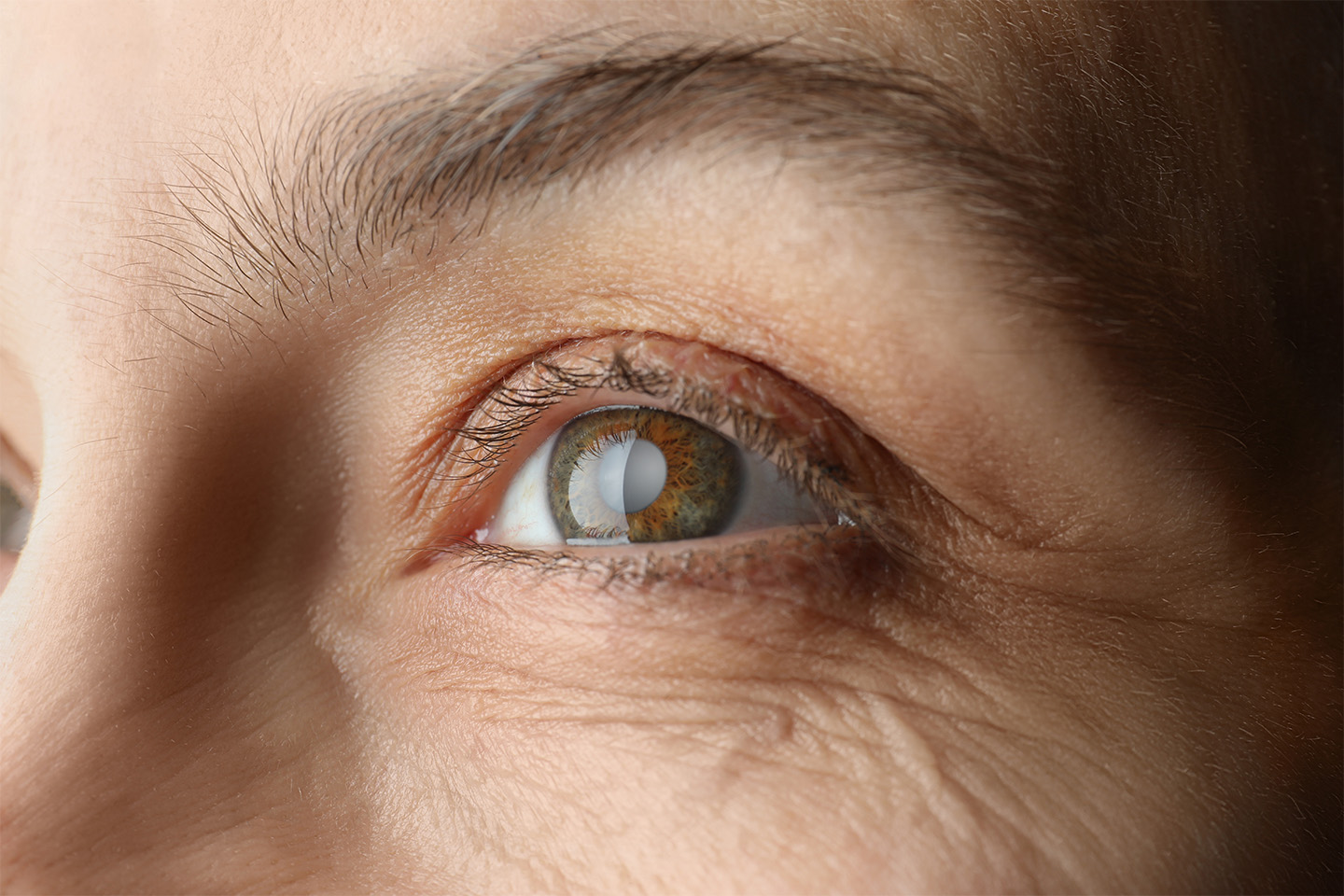How Winter Weather Affects Your Eyes

With the winter holidays and family vacations in full swing, it’s the most wonderful time of the year! While you’re bundling up for your next adventure, don’t forget to protect your eyes. The chilly temperatures this time of year can cause several symptoms that temporarily affect your vision and make you uncomfortable.
Keep reading to learn five ways the winter weather can affect your eyes and how to prevent damage.
Dryness
The cold outdoor air, along with the heated indoors, is a recipe for dry eyes. Both environments already contain very little moisture, but the chilly winds tend to wick away whatever water is left on your eyes. So, it’s no wonder that dry eyes are a top complaint during winter. If you’ve recently received vision correction surgery, then you’re even more likely to experience dryness.
Dry eye syndrome can cause itchiness, redness, and irritation. Without treatment, it may lead to temporary blurred vision.
You can alleviate these symptoms in a few ways:
- Drinking at least 8 cups of water each day to lubricate eyes from the inside out
- Using a humidifier in your home or office to keep eyes moist
- Applying artificial tears to rewet the eyes
- Taking omega-3s to increase the quality of your tears
Excessive Tearing
If you experience dry eye symptoms during winter, the chances are high you’ll also deal with excessive tearing. Your body overproduces tears to lubricate your eyes and protect your cornea from scratches and infection. However, these tears may become so frequent that your eyes appear red and puffy, and your vision becomes blurred.
Wearing sunglasses or goggles can prevent your eyes from drying out and potentially reduce the volume of tears. If your dry eyes and watering continue, especially indoors, then seasonal allergies could be the culprit instead.
Light Sensitivity
Those fresh blankets of snow may look beautiful, but they can do a number on your eyes. UV rays bounce off reflective surfaces, like ice and snow, which increases your sensitivity to light. If you’re exposed to these bright white surfaces for too long, you may experience sunburn or snow blindness.
Snow blindness, or photokeratitis, can occur when overexposure irritates the nerves. It often leads to eyestrain or sunburn on your corneas. You can use a cold compress and over-the-counter pain medication to ease discomfort. However, you should also see the eye doctors in greater Dallas to decrease your chances of future complications.
Redness and Pain
Dry eye, allergies, and snow blindness can all cause tenderness and inflammation, leaving you with red, painful eyes. Not to mention, the irritation can cause eye twitches or spasms. Your eye doctor can work with you to pinpoint the cause of your redness and offer treatment solutions for prolonged comfort.
Visual Changes
Although this effect is less likely to occur on an average day, the winter weather can lead to visual changes in two main ways:
- The cold temperatures cause blood vessels in the eye to constrict, resulting in blurred/hazy vision.
- The cool and watery surface of the cornea meets the chill of winter and freezes, known as corneal freeze. Moving inside to a warmer environment can reverse this effect. However, if your vision does not return to normal after 30 minutes, see the eye doctors in greater Dallas as soon as possible.
Keep an eye out for these changes on long outdoor days, like yard work, skiing, or other activities.
Protect Your Vision at Kleiman Evangelista Eye Centers
If you can’t pinpoint the cause of your irritation, or your symptoms persist after over-the-counter treatment, it’s time to see the experts in cataract and LASIK surgery. We can provide individualized treatment options to ease discomfort, treat damage, and prevent future complications. After the winter is over and the snow starts to melt, be sure to stop in for a general eye exam to preserve your vision!
[DISPLAY_ULTIMATE_SOCIAL_ICONS]








